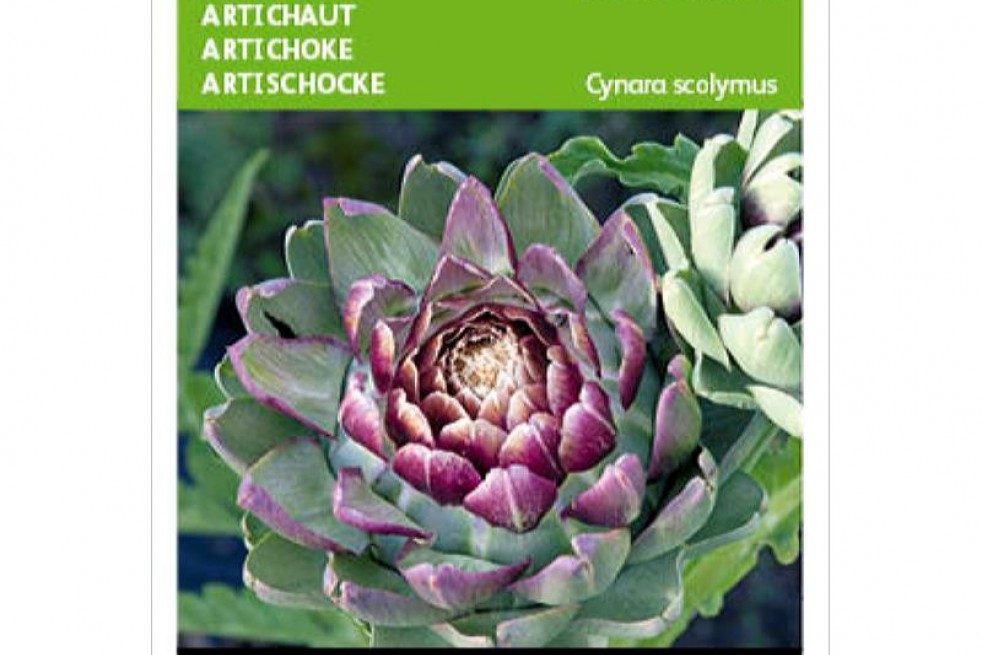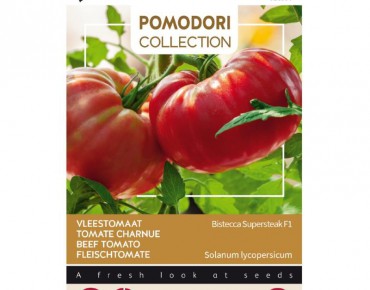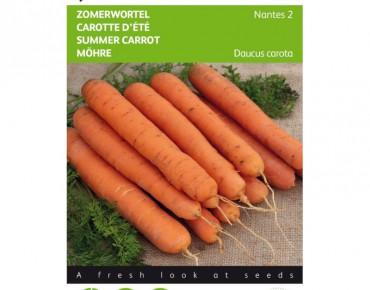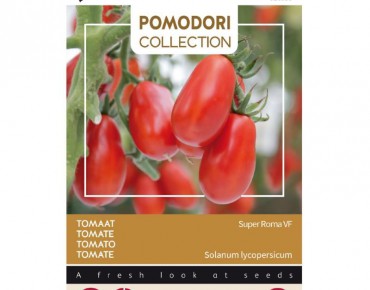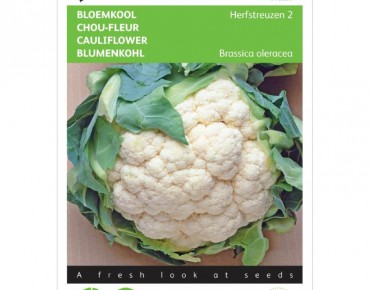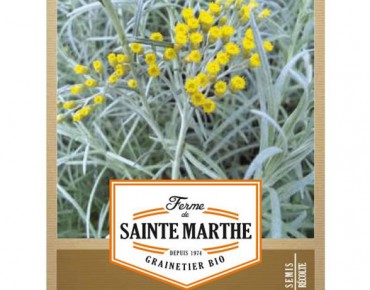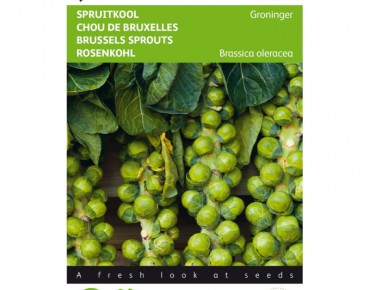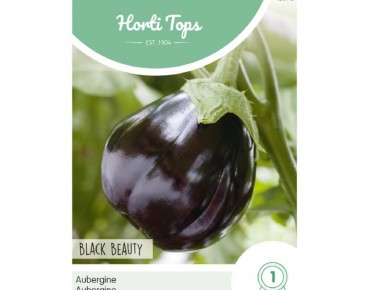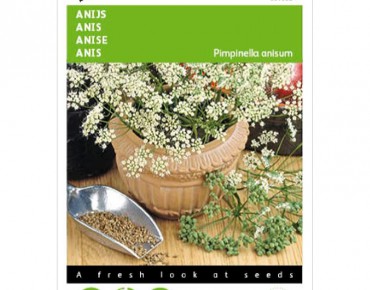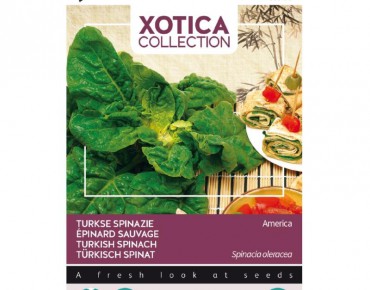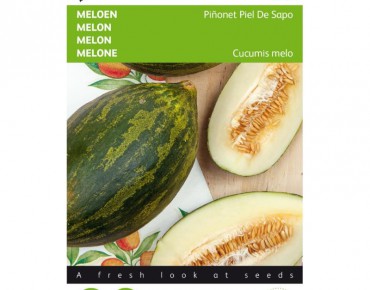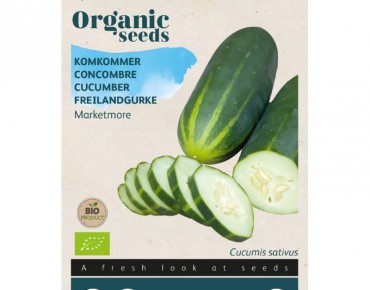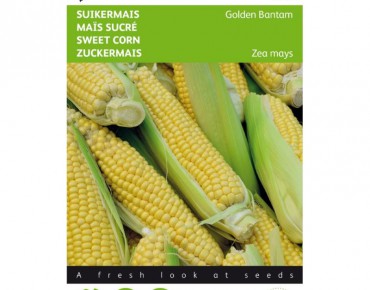Purple artichoke
Cynara Scolymus
Description
The Purple Artichoke: A Jewel of the Mediterranean Vegetable Garden
The purple artichoke, with its intense colour and delicate flavour, is a must-have in vegetable gardens in the south of France. This variety, appreciated for its hardiness and productivity, offers a generous harvest of fleshy and tasty heads. Discover all the secrets of its cultivation to successfully plant your artichokes and enjoy fresh artichokes all summer long.
Growing period and sowing :
-Sowing: The purple artichoke is generally sown in February-March under warm shelter. The seeds are sown in terrines or individual pots.
-Transplanting: Once the seedlings are sufficiently developed, they are transplanted into the open ground, preferably in May, when the risk of frost has passed. Choose a sunny location sheltered from cold winds.
Soil and planting :
-Soil: The artichoke appreciates deep soils, rich in organic matter and well drained. Adding compost in the fall before planting will improve soil structure and promote root growth.
-Distance and depth: Plant artichokes 80 to 100 cm apart and bury them up to the first leaves.
Cultivation maintenance :
-Watering: Artichokes need regular watering, especially during the growing season and during periods of drought. Mulching at the base of the plants will limit water evaporation and help maintain a constant soil temperature.
-Fertilization: Add a fertilizer rich in potassium in the spring to promote the formation of heads.
-Pruning: Regularly remove dry leaves and faded flowers to promote the production of new heads.
Beneficial associations :
Purple artichokes combine well with:
-
- Carrots: Carrots attract nematodes, which are harmful to artichokes.
- Lettuce: Lettuce provides shade at the base of the artichokes and improves the soil structure.
- Aromatics: Basil, rosemary or sage keep away certain harmful insects.
Harvest and yield :
-Harvest: Artichokes are harvested as they mature, from June to September. The heads are ready to be picked when the bracts are tight and the heart is still tender.
-Yield: An artichoke plant can produce several heads per season. The yield will depend on the growing conditions and the variety grown.
Storage :
Artichokes can be kept for a few days in the refrigerator, wrapped in a damp cloth. They can also be frozen after blanching.
Use in cooking :
The purple artichoke is a vegetable much appreciated for its delicate and slightly bitter flavour. It can be eaten raw, in salads, steamed, grilled or in barigoule.
Conclusion :
The purple artichoke is an easy-to-grow plant that will bring a Mediterranean touch to your vegetable garden. By following these tips, you will be able to enjoy fresh and tasty artichokes all summer long.
Features
- Common name : Purple artichoke
- Category : vegetable
- Spread : 1 m
- Foliage : evergreen
- Color of flowers : purple
- Harvest : june-july-august
- Use : vegetable garden - decorative - bouquets
- Habit : Spreading
- Earth to use : universal potting soil/garden soil/compost
Specific References
- EAN13
- 8711117020509
Expédition & livraison
How does the delivery work?
 As soon as you place your order your plants are selected
As soon as you place your order your plants are selected Each order is processed individually.
Each order is processed individually. Plants are packed, staked and labeled.
Plants are packed, staked and labeled. Packaging is carefully implemented to avoid any problems.
Packaging is carefully implemented to avoid any problems. Packages are ready to be shipped.
Packages are ready to be shipped.
Our delivery methods
Shipping of our plants throughout Europe (except overseas and islands).
Customer reviews

